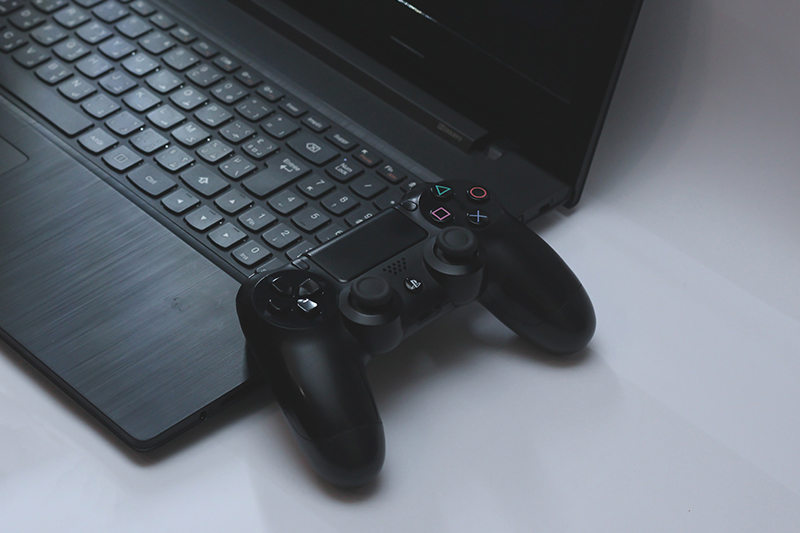
The Electronic Entertainment Expo, most commonly known as E3, used to be a cornerstone of the gaming industry. This massive physical event where game developers, journalists, and fans gathered for exciting game reveals and announcements has recently been permanently cancelled, marking a significant shift in the industry. Gaming companies have found that now they can reach their audience effectively through direct, digital press releases without the need for such expos.
This reflects a broader trend of change in our ever-evolving society, driven by advances in technology, alterations in consumer behavior, and the relentless march of time.
The Reinvention of Time
Time’s ceaseless progress drives everything forward. As it does, technology surges ahead, changing with a pace that can be hard to keep up with. Where once we relied on paper and pencil to keep track of work schedules or clock in and out of shifts, we now use digital tools and excel sheets. Technology churns onwards, and so too does our use of time. We’ve moved from analog to digital systems, and now we are stepping further into the cloud.
The Evolution of Time Attendance Systems
Remember when paper timesheets were a thing? That relic of our past marked the beginning of our understanding of organized work tracking. As we evolved, these static pieces of paper made way for dynamic Excel spreadsheets. We thought we had reached the pinnacle of efficiency – that is, until further advances in technology showed us an even more effective way to streamline our work.
Time attendance systems revolutionized how we handle work schedules. Now, with a few clicks on a cloud-based app, managers can keep track of employee hours, monitor overtime, and manage leave requests. Not only does this technological advancement make businesses more efficient, but it also completely erases the margin of human error that was so prevalent in the traditional paper-excel method.
Transformation: The Only Constant
Like the gaming industry, many other sectors have also undergone significant transformations. The banking industry, travel industry, education and healthcare – just to name a few – have all been touched by the transformative power of technology and changing consumer habits.
Today’s consumer values convenience, speed, and efficiency – thanks to the accessibility to vast reservoirs of digital information and services. This forces businesses to constantly evolve and reimagine their services to provide a smart, personalized and seamless experience.
The metamorphosis of time management from paper to digital to cloud-based solutions serves as a fitting metaphor for the broader societal transformation we’re experiencing. These continual evolutions are necessary for progress and growth.
Looking Forward
Yes, we have come a long way from the age of paper timesheets and annual game expos like E3. However, our journey does not stop here. Change is perpetual; it’s woven into the fabric of our society. Just as the gaming industry will find new ways to connect with their audience, businesses will continue to update and upgrade their processes to meet the evolving needs of their employees and consumers. The future of time tracking is bright. New technology will continue to reshape the way we work and play. We are excited to see what the next decade has in store for us—and how businesses will find new ways to innovate and improve efficiency.
About Clockgogo
A cloud-based time attendance management system aims to make time tracking more easy and effective. Powered by the patented 4-level verification technology, Clockgogo provides HR staff with a peace mind upon time card management.
Fake GPS, buddy punching, hefty hardware costs, clumsy installation will not be problems anymore. With flexible and user-friendly roster planning and reporting capabilities, calculation of work hour, overtime and other time attendance results is just a click away.
Time card and time attendance results can also be retrieved through API for third-party HCM / HRIS / HRMS / HR system integration (e.g. Workday, Peoplesoft etc.).
Since its launch back in 2016, Clockgogo has already processed more than tens of millions faces and is widely adopted among global brands.

